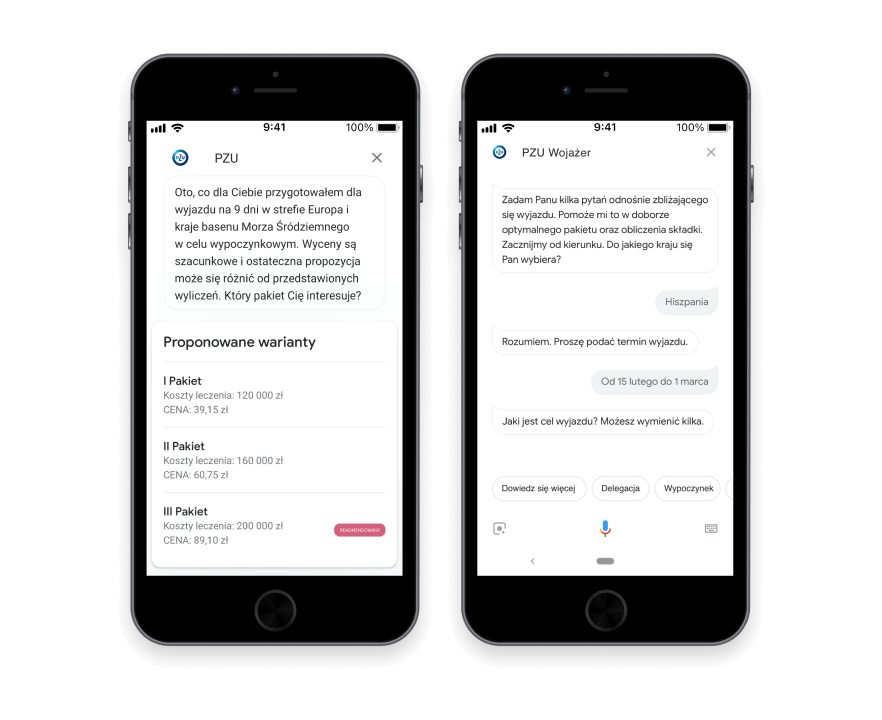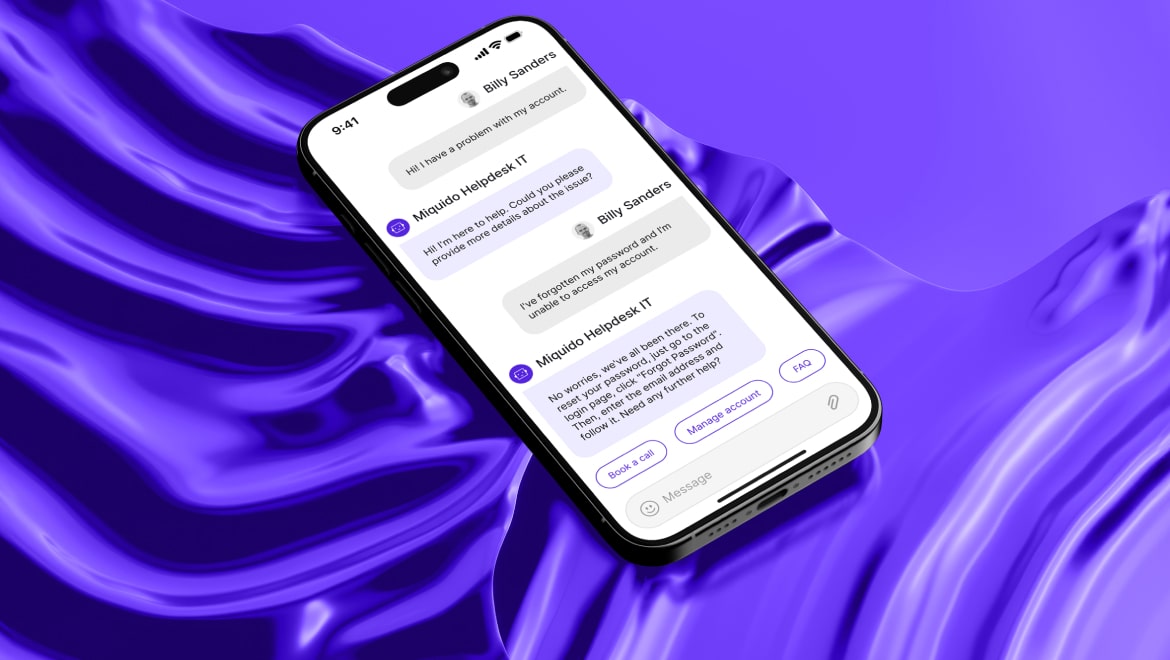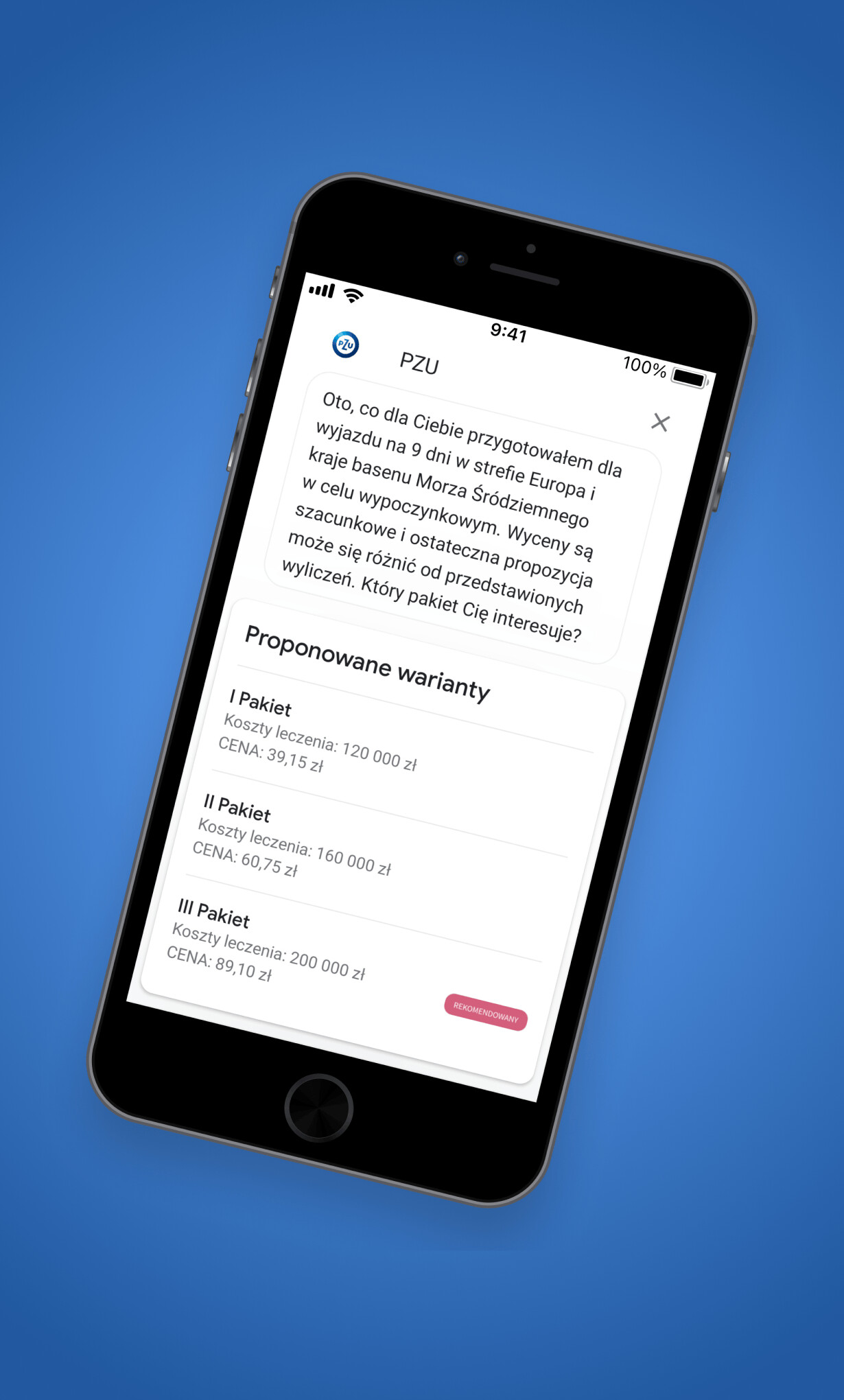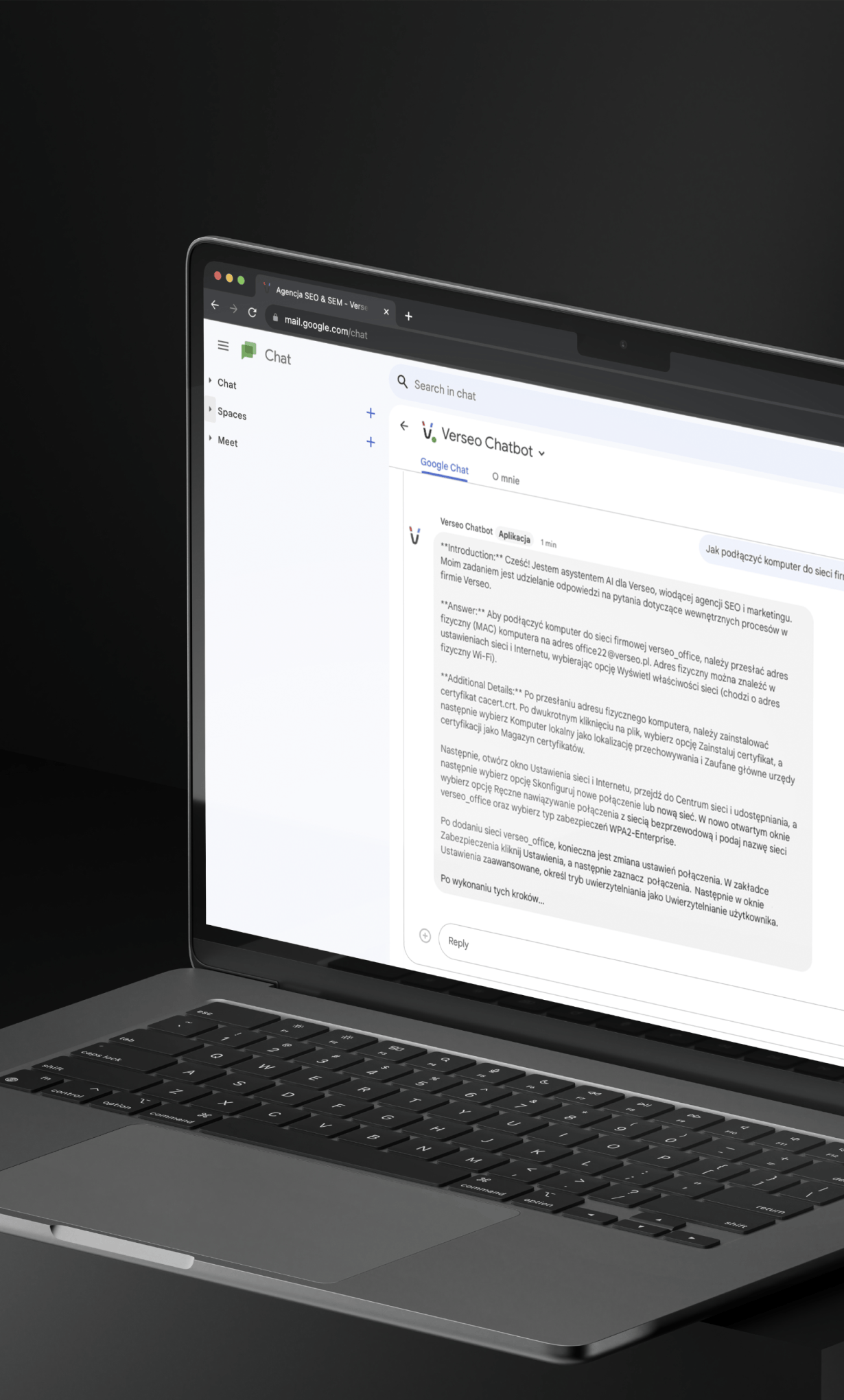Where are voice assistants used?
• Healthcare services: In healthcare, voice assistants may improve patient care and streamline administrative tasks. Healthcare providers are using voice assistants to manage schedules, take notes, or even diagnose patients in some cases.
• Education services: In education voice assistants are being used to enhance the learning experience for students. For instance, they can help students with homework, answer their questions, or even provide personalised learning content.
• Financial services: Voice assistants may provide customers with personalised financial advice, help with budgeting, and even facilitate transactions.
• eCommerce services: Voice assistants may also provide customer service. For example, customers can ask questions about products, track orders, or request returns through a voice assistant.
• Entertainment services: Streaming services like Netflix and Hulu are using voice assistants to help customers find movies. Customers can ask for recommendations based on their viewing history or search for specific titles.
How much does a chatbot cost?
The overall cost of implementing a chatbot is a highly individual matter as it depends on various factors, such as the complexity of the bot, the platform it’s built on, or the level of customisation required. However, to give a general overview, the cost may range from $20,000 to $80,000.
However, it’s essential to consider the potential benefits that a well-designed chatbot can bring to your business. A chatbot can provide round-the-clock support to your customers, improving their overall experience and satisfaction. It can also help automate routine tasks, allowing your team to focus on more complex and high-value work.
Additionally, a chatbot can provide valuable insights into customer behavior and preferences, informing your business strategy and improving your marketing efforts. Ultimately, a chatbot’s development cost should be evaluated in the context of its potential return on investment and long-term impact on your business.
How long does it take to implement a Voice Assistant?
There is no simple answer here. The timeline may vary depending on the industry, the assistant’s complexity, or the customization level.
Generally speaking, a simple voice assistant with basic functionality and limited integrations can be implemented in weeks, while a more advanced assistant with complex features and integrations can take several months to a year or more to implement.
While the implementation time for a voice assistant may vary, it’s essential to take the time necessary to design and develop a high-quality assistant that meets the needs of your business and your customers. A well-designed voice assistant can provide numerous benefits, such as improved customer engagement, increased efficiency, and a competitive edge in the market.
However, it’s important to note that the timeline for implementing a voice assistant continues even after the initial launch. Ongoing maintenance, updates, and improvements will likely be necessary to ensure that the assistant remains effective and current with the latest voice technology advancements.
What are the benefits of chatbots for a business?
• 24/7 Availability: Chatbots are available around the clock, allowing you to offer support and service outside traditional business hours. This is particularly useful for companies with customers in different time zones or industries requiring immediate help, such as healthcare or finance.
• Cost-effective: Chatbots can reduce costs by automating tasks and handling multiple conversations simultaneously. In addition, they can take over simple tasks, allowing the team’s efforts to be redirected into more demanding processes.
• Personalization: Chatbots can provide personalized experiences for customers by analyzing their previous interactions and preferences. You can increase the positive user experience and engagement by tailoring responses and recommendations to each customer.
• Lead Generation: Chatbots may generate leads by engaging with potential customers, answering their questions, and providing information about products or services.
• Analytics: Chatbots may also collect and analyze data on customer interactions, providing companies with valuable insights into customer behavior and preferences. This can inform decision-making and help you to improve operations.













